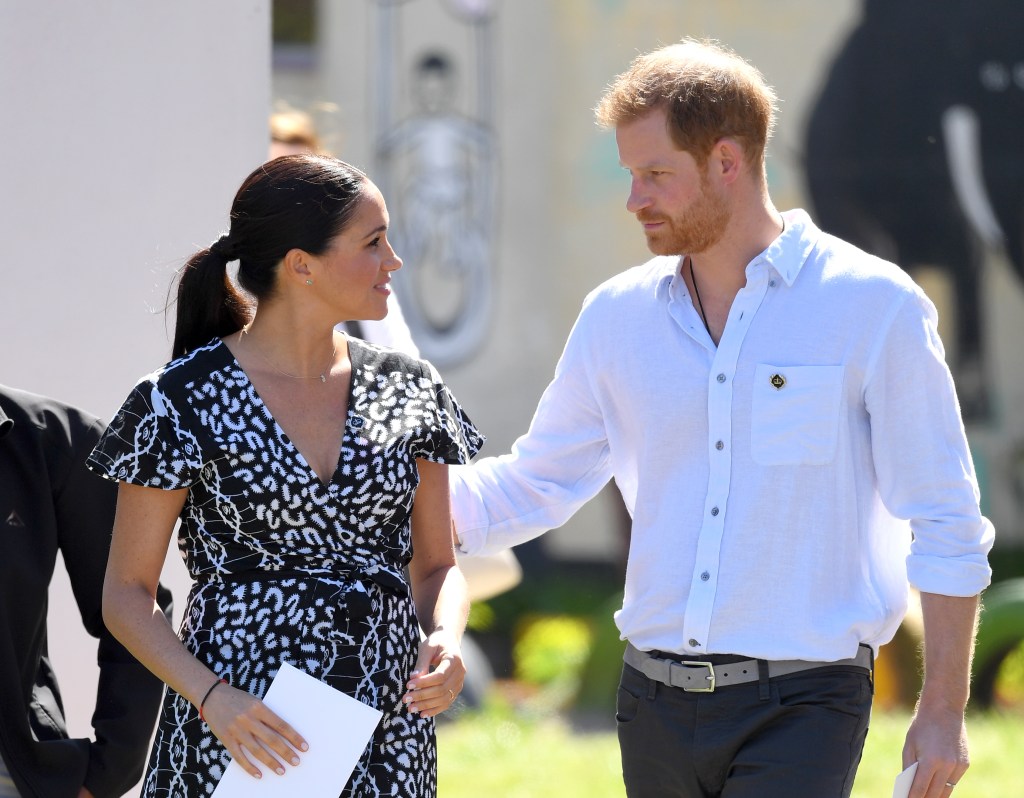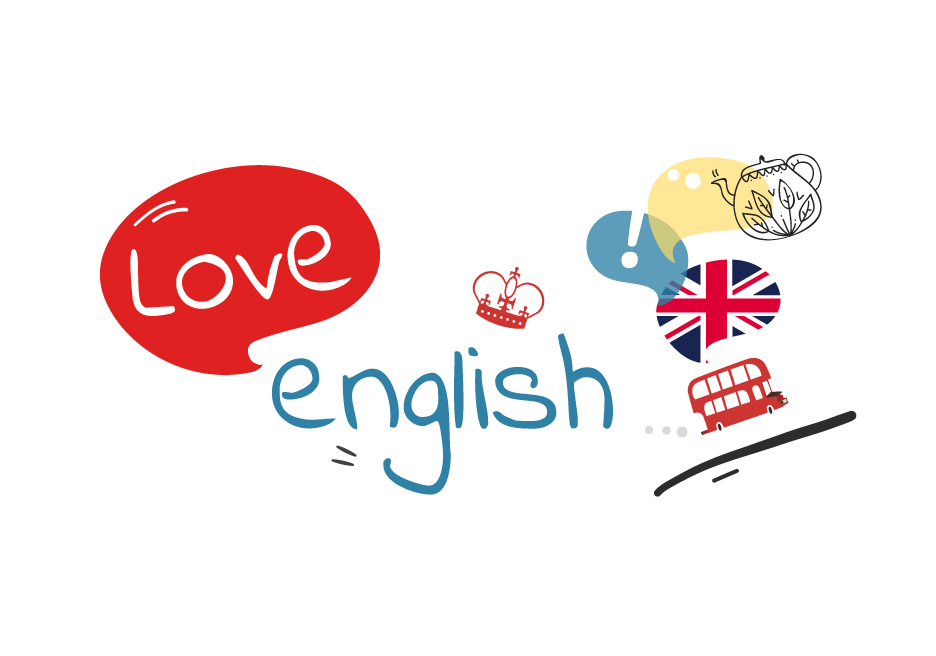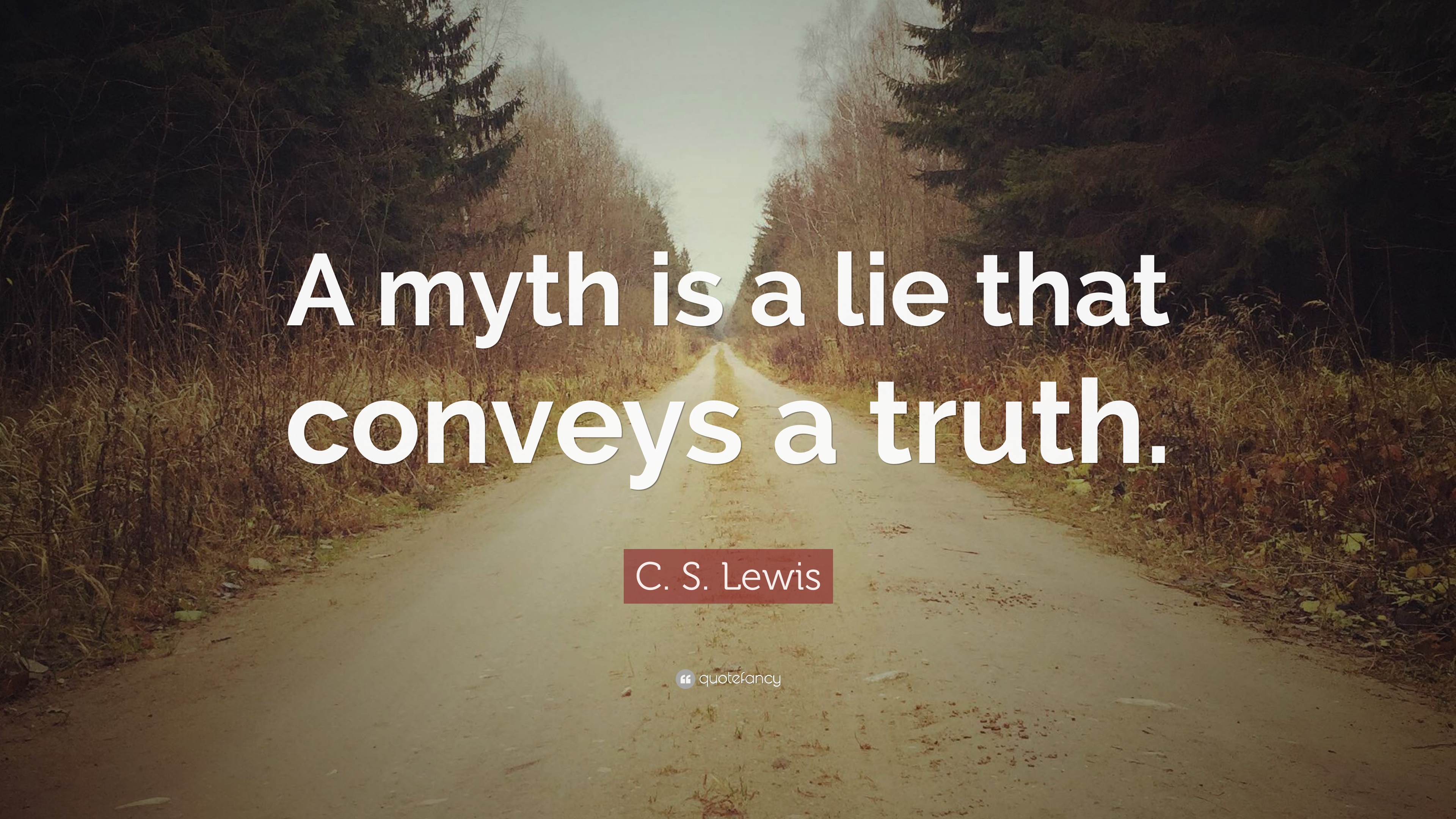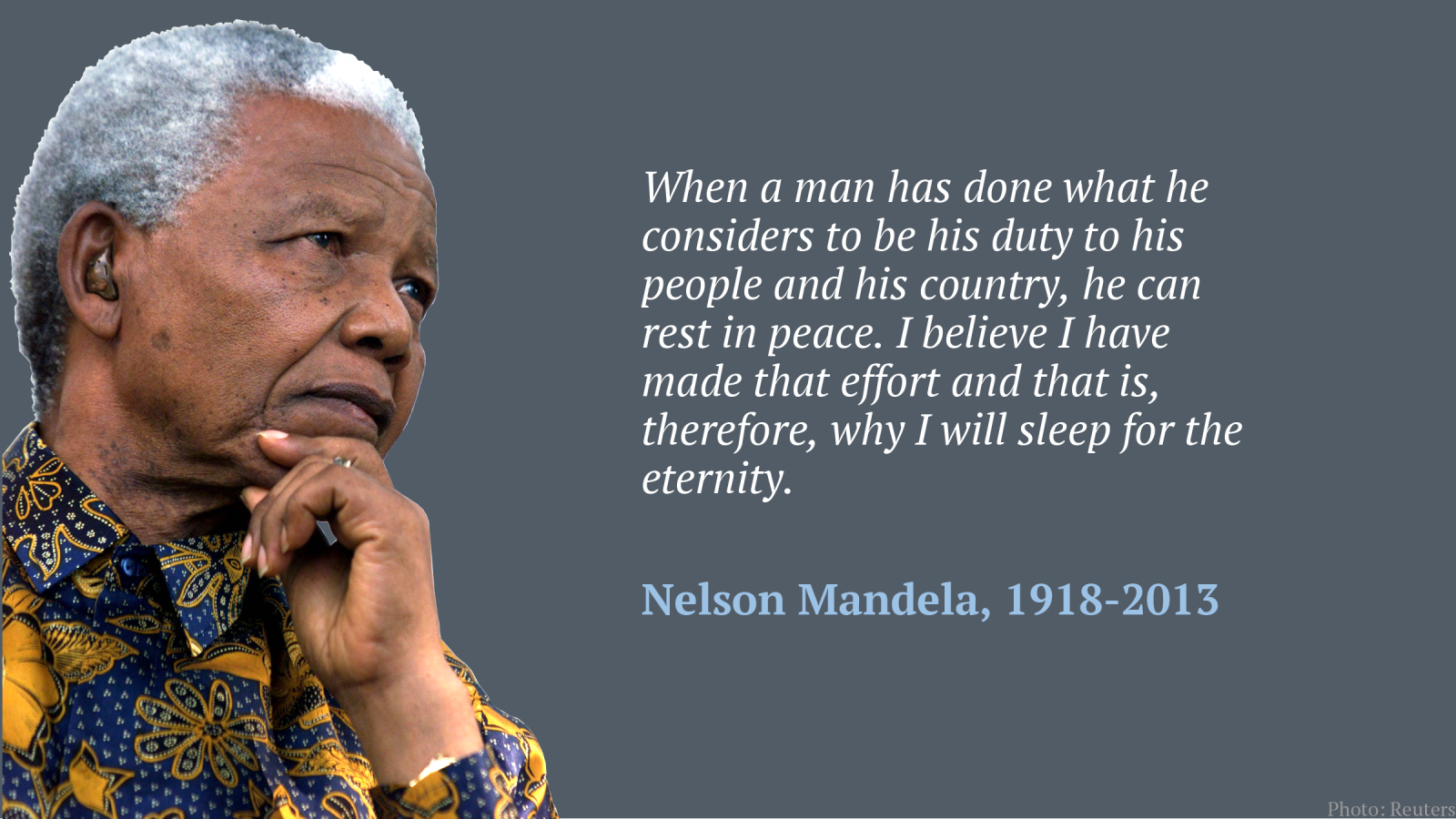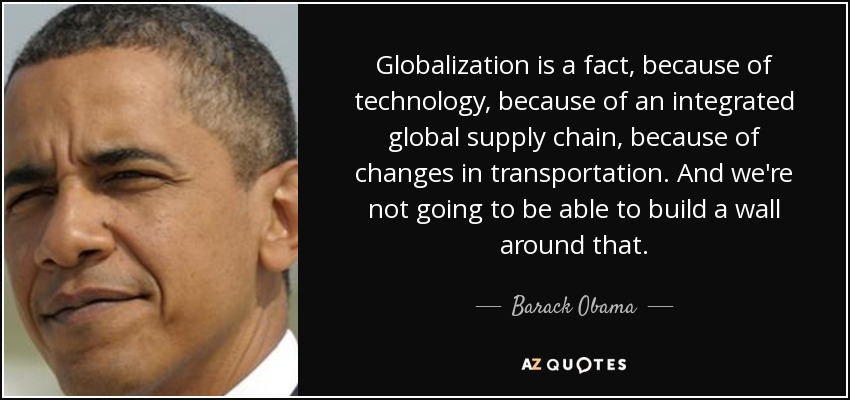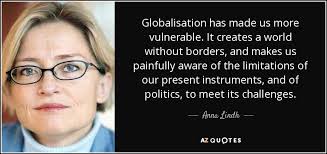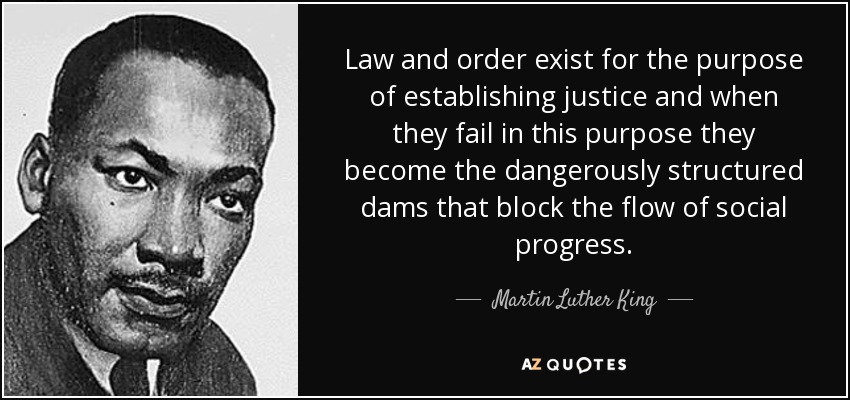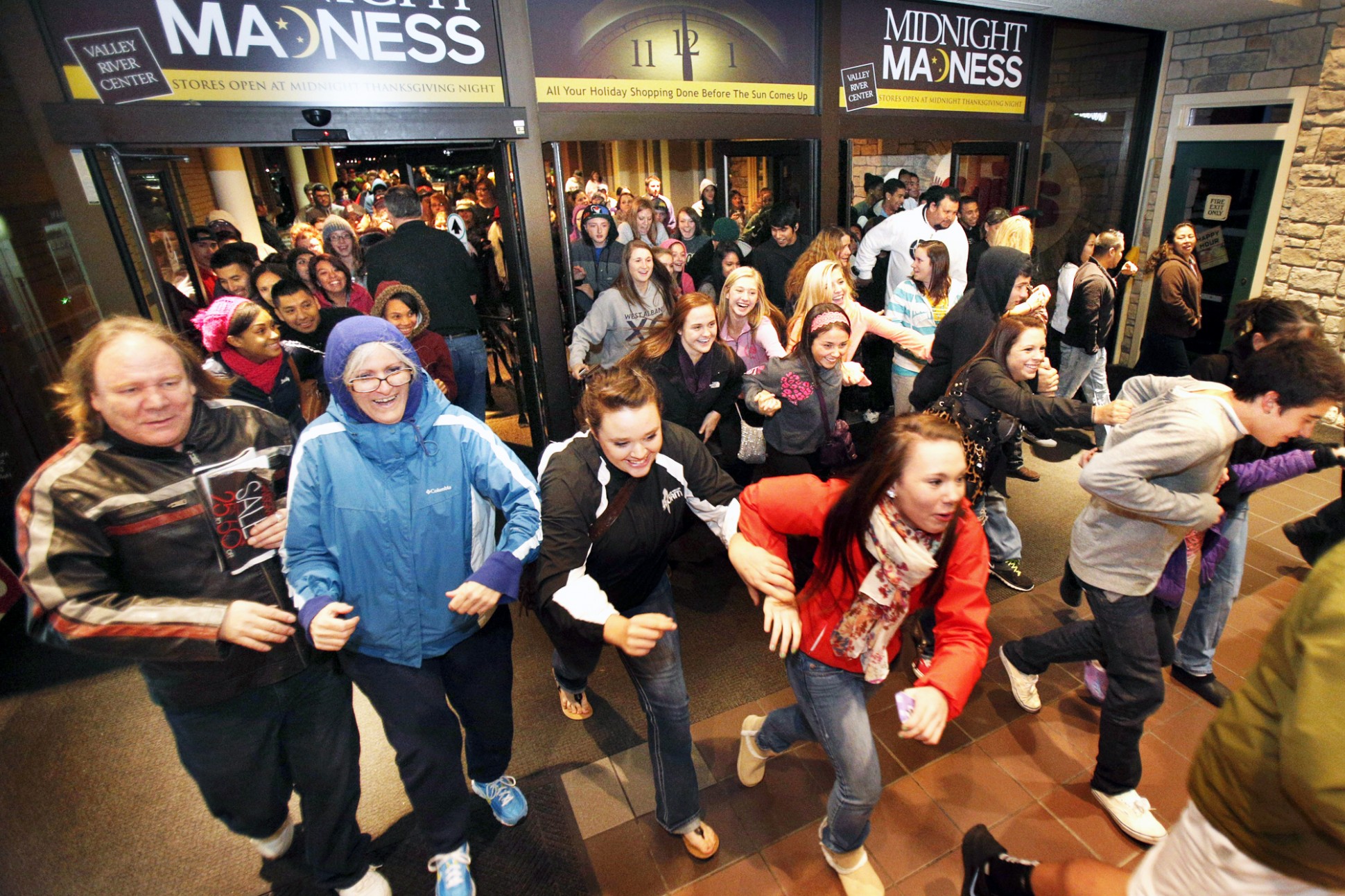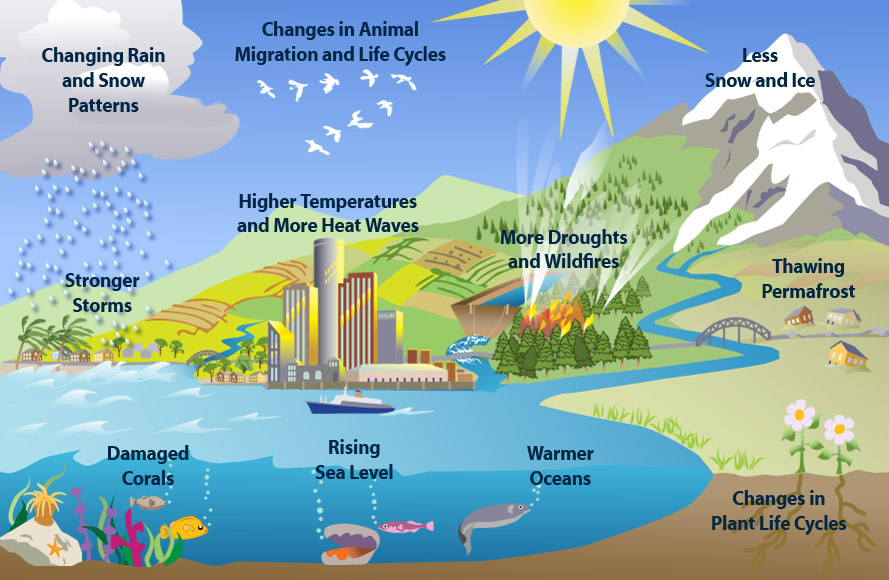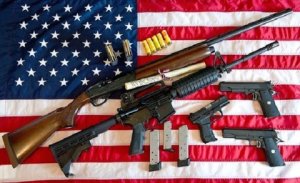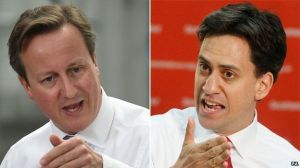
Voilà la rentrée est faite et votre professeur d’anglais a commencé à vous parler des différentes « notions » que vous allez étudier tout au long de l’année. Il va peut être vous demander de trouver une définition pour chaque notion (sans regarder sur internet!) – mais comment donner une définition simple et claire pour chaque notion?
Vous trouverez ici des définitions pour les quatre notions que vous allez étudier- à vous de les utiliser et écrire à votre façon. Sous chaque définition vous trouverez également une liste de sujets qui pourraient être utilisés pour illustrer cette notion.
Si vous avez d’autres idées pour illustrer les notions, des liens, des articles ou des vidéos que vous avez aimé, merci de les partager en bas de l’article et je les intégrerai dans l’article par la suite.
Je profite de la rentrée pour vous rappeler que ce blog reste (et restera ) entièrement gratuite et que j’aimerais que ça devient de plus en plus un endroit de partage de bonnes idées et de conseils – pour les lycéens ainsi que les profs!
Aussi si vous utilisez un bloqueur de publicité je vous remercie de le désactiver sur cette page, la publicité de la page étant le seul revenu pour tout le travail fourni. Thank you 🙂
Myths and Heroes
Myths are stories that are based on tradition. Some may have factual origins, while others are completely fictional, but myths are just as important to us today as in ancient cultures because they help explain the world and man’s experience. They help to answer questions, they reassure us and sometimes even give people hope. The subjects of myths are usually based on topics such as birth, death, the origin of man, good and evil and the nature of man himself.
Myths are not always optimistic – they can also be a form of warning. In this way we can consider them to be instructive and a sort of guide to social norms. They tell us how we should and should not behave. They can be used to justify choices when times are hard.
Just like myths, heroes can be real or completely fictional. A hero can be a mythological figure, a person who is admired for his or her achievements, a superhero or maybe a role model or an icon. Heroes are people we can look up to, people we would like to ressemble – whether they are sports personalities or political figures. A hero is not necessarily someone famous, it can be a member of our family or circle of friends. Someone we simply admire.
Heroes lead, inspire, and entertain the masses. This is why heroes, with all their mistakes and shortcomings, are vital to humanity. Heroic stereotypes can be considered to be unrealistic and outdated, but heroes show how vital they are to society when they inspire younger generations to do great things, and when heroes influence movements toward the improvement of humanity.
Here are just a few examples that could be used to illustrate this notion:
- rags to riches stories : Richard Branson, Steve Jobs, JK Rowling, Oprah Winfrey, and others here
- Founding myths of the United States (Pilgrim Fathers, the Constitution, Thanksgiving)
- the American Dream – stories about those how have succeeded but also reasons to believe that it is simply a myth : the American Dream is dead
- Heroes or fallen heroes of the Vietnam War that are portrayed in American films (Platoon, Born on the 4th July, Apocalypse Now, Full Metal Jacket)
- National leaders or figures who can be considered as heroes: Queen Elizabeth II, Obama, Mandela, Rosa Parks, Martin Luther King, Malala Yousafzi …..
- Pop stars or sports heroes (and fallen idols)
- American movies : superheroes such as Superman or Captain America and their role in society: why do Americans love superheroes?
- Famous British film characters: Sherlock Holmes, James Bond
- British heroes or heroines: Churchill, Florence Nightingale, Stephen Hawking…..
- British myths and legends: Robin Hood, King Arthur, the Loch Ness Monster
The Idea of Progress
The idea of progress is the idea that advances in technology, science and social organisation can bring about a positive change to our society. These advances help improve our daily lives and give us a better quality of life. Social progress, scientific progress and economic development are usually considered as having a positive effect on our society however there are some cases where this change can have a negative effect too. Very often progress is also accompanied by opposition because society isn’t comfortable with the changes being made (same sex marriage, women’s rights, minority rights to name but a few). We can ask ourselves whether progress is always positive?
There are many kinds of progress and they can be divided in diverse areas.
A. Technological progress
The technological advances of the last decades have totally changed the world we know today. If we take the example of the arrival of internet and access to computers and smartphones it is easy to see to what extent our lives and our relationships with others have been completely transformed. On the one hand we have access to far more information than before, we can easily communicate across borders, buy new products, be informed about the latest news events, share our opinions about different topics but on the negative side many people have become addicted to social media and this creates new problems such as depression, isolation, bullying, cybercriminality…..
Of course there are other types of technological progress that have a more positive impact on society – means of transport, robots, means of communication, energy production, protection of the environment.
B. Scientific progress
Scientific progress has had a direct impact on the improvement of human life. Thanks to advances in medicine we can cure illnesses that could never have been cured in the past. Vaccinations protect millions of children from disease. Antibiotics, painkillers and other medical treatments have helped to improve our general state of health and survival rates. But could there be a point were progress come too far? What should be the importance given to ethics? What about scientific progress in the area of cures for illnesses, cloning, performance enhancing drugs, genetically modified organisms etc?
C. Social progress
Social progress most often comes about when members of a population feel unhappy with their living conditions or their social rights. Change most often comes about following a fight for rights and this change sometimes accompanied by severe opposition.
Examples that can be used to illustrate this notion:
- easy communication across the world via internet and the impact this information has on our daily lives
- information from satellites warning us about severe weather conditions
- robots and automation in the workplace
- addiction to smartphones and video games
- cyberbullying or cybercriminality
- facebook and twitter and how quickly rumours can spread
- the pros and cons of medical advances
- performance enhancing drugs in the sports world
- « designer » babies
- the Space race
- Euthanasia
- Industrial pollution
- Ocean pollution
- the ethics of progress: tests on animals/abortion/cloning/genetically modified organisms
- the «Suffragettes», an organisation set up by women in Britain to fight for the right to vote at the beginning of the 20th Century
- the Civil Rights Movement in the US characterized by acts of non violent protest and civil disobedience
- same-sex marriage in several countries across the world
- access to education for women
- the end to apartheid in South Africa
Places and Forms of Power (sometimes called Seats and Forms of Power)
Power is the ability to control others, events, or resources; to succeed in doing what you want to do in spite of obstacles, resistance, or opposition. Power can be held but can also be quickly taken away, lost, or stolen. There is usually conflict between those with power and those without. Power is also associated with authority and influence and certain places can be associated with the authority – for example the White House and the President of the USA, 10 Downing Street and the British Prime Minister, A place of power can also be a country or a state – for example the USA is a state which is powerful enough to influence events throughout the world (superpower) and China is a major economic power in today’s world. Power is exercised by states — through military and police, through political groups and bureaucracies, through legislation; it is exercised by corporations and organizations or by social movements within society.
Members of a community accept rules and regulations in order to live or work together but this can also lead to conflict and tensions.
Here are some ideas to help illustrate this notion:
- America’s gun problem and the gun debate
- The Civil Rights movement and political recognition (Rosa Parks, Martin Luther King, Malcolm X, Nelson Mandela)
- Financial power: global financial crises and recession
- The power of the media: influence over public opinion during elections, reality tv, 24h news channels, tabloid newspapers and scandal stories
- The power of advertising: how demand is created for new products, designer brands, smartphones, sports clothes (sponsoring)
- Cinema and power: how do films influence society? Movie stars using their fame to influence public opinion on certain topics (Leonardo Dicaprio, Schwarzenegger)
- Arts and Power: using art for addressing political, social, and moral issues through paintings (Banksy)
- The power of education: improving knowledge and education across the world and enabling access to education for all (Malala)
- The power of music and the music industry: songs used to change people’s opinions on political subjects (vietnam war, US President, poverty, climate change), pop stars who use their fame to bring about changes in the world (Bono, Bob Geldof, Madonna)
- Political power/terrorism/wars/monarchies/nuclear weapons
Spaces and Exchanges
This notion deals with the idea of giving one thing and receiving another in return (exchange) and also with the places (or « spaces ») where these exchanges take place. It is the idea that in today’s modern-day world there are more and more exchanges taking place, more and more interaction between different populations, business, students, families etc. These exchanges can take several forms: economic – work exchanges, exchange of goods, trading across borders, cultural – exchange of ideas, information, education, movement of people – immigration, student exchanges, gap years… Our modern-day world is changing quickly and seems to be a smaller place due to improvements in technology and communication. Information exchange has become easier thanks to the internet and international trade has enabled us to expand our markets for goods and services that might not have been available to us.
More and more people are crossing borders, leaving their countries to seek better lives elsewhere. This migration can be for several reasons: economic migration – moving to find work or follow a particular career path, social migration – moving somewhere for a better quality of life or to be closer to family or friends, political migration – moving to escape political persecution or war.
These different cultural, economic, sociological and language interactions have transformed and characterised our modern-day world – sometimes for better, sometimes for worse.
Here are some ideas of topics that could be used to illustrate this notion:
- Globalisation: what is it and what are the positive and negative effects? (BBC link)
- How internet is changing international business exchanges (product availability, prices, demand…)
- How internet is changing cultural exchanges (access to information across borders, easier and faster communication but also negative effects)
- The brain drain: migration of personnel in search of the better standard of living and quality of life, higher salaries, access to advanced technology and more stable political conditions in different places worldwide
- Student exchanges – work placements and gap years in foreign countries
- Social media – the advantages and disadvantages of increased access to sites such as Facebook and Twitter
- Cybercriminality, identity theft, cyberbullying, internet scams….
- Immigration: the reasons why people migrate and what effect this has on the countries they migrate to and migrate from
- Immigration to the USA – the problem between Mexico and the USA
- Immigration to the UK – the migrant problem
- The reasons for Irish immigration to America
- The first Americans/ the pilgrims
- Exchanges across borders – how the European Union was created and how it has developed
- The Brexit – why and how did it happen and what effect will it have on Europe?
- The influence of wars and conflicts on the world economy and population
